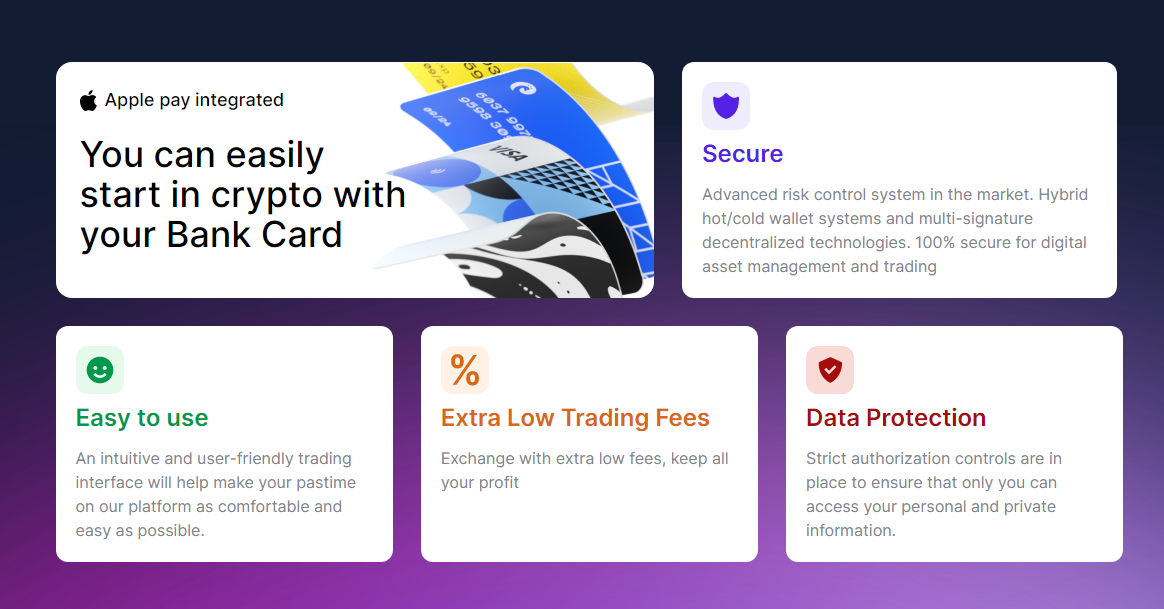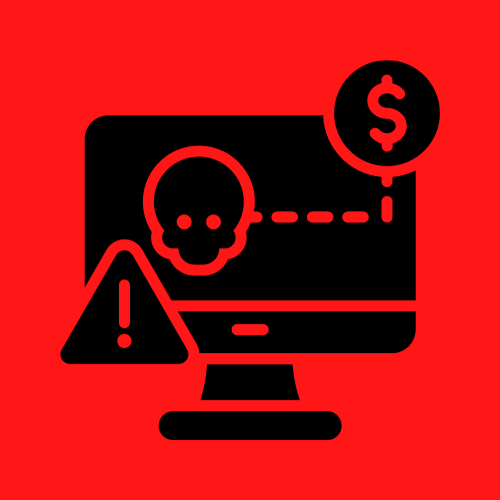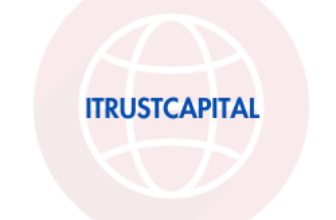Coinhobo has been identified as a risky opportunity by Intelligence Commissioner users. It is similar to Seydog. We’ve received over 7 complaints against Coinhobo.
Coinhobo is a false cryptocurrency site that engages in frauds such as bogus ICOs, pyramid schemes, and phishing. To attract investors, the website makes misleading promises of large profits and exclusive chances. It operates without proper regulation or licensing, making transactions extremely dangerous. Victims frequently incur financial losses with little redress due to the lack of a governing authority. Always check a company’s regulatory status and licensure before investing.
Get Your Money Back From These Scammers!
[mychargeback-form]
Those who visit the website Coinhobo should exercise caution since the website is involved in fraudulent activities that are associated with cryptocurrency. Some examples of these behaviors include the promotion of fake initial coin offers (ICOs), the use of pyramid schemes, and the implementation of phishing strategies.
Individuals or organizations who are responsible for Coinhobo are adept at luring users into investing in cryptocurrencies by promising them huge profits or unique investment possibilities. This is done to attract users to the platform.
It is essential to have a firm understanding that Coinhobo is not a reliable platform for conducting Bitcoin transactions or purchasing assets. On the contrary, it performs its operations with the express intention of misleading people.
The promises that are offered on the website are often too good to be true, which leads people who are not paying attention to their actions to invest in cryptocurrencies that either do not exist or have no actual worth.
Unfortunately, the victims who fall prey to Coinhobo suffer financial loss as a consequence of this dishonest behavior. Therefore, before making any choices with finances, it is vital for anybody interested in investing in cryptocurrencies to exercise prudence, perform extensive study, and seek guidance from sources that have a good reputation. It is essential to maintain vigilance to avoid falling prey to cons such as those that are coordinated by Coinhobo.

The lack of regulation or the presence of poor regulation is a huge red flag. It means Coinhobo is a scam and most likely, an illegal operation.
Companies offering investment services or opportunities without having a license can vanish without leaving a trace. Furthermore, the lack of a regulatory license allows them to get away with it and face no legal consequences.
That’s why it’s vital for you to always check a company’s regulation status as well as its license information. The presence of a license allows consumers to reach out to an authority if something goes wrong.

In the case of Coinhobo, victims have nowhere to go due to the absence of a watchdog or license.
You should ask yourself the following questions when you come across a new investment firm or opportunity:
- Does the investment provider maintain transparency about its CEO?
- Do they have a license from a renowned regulatory authority?
- If the need arises, can I reach out to an authority to report this company as a scam?
At the time of their registration on Coinhobo, those who input the codes that are supplied see a noticeable increase in their account balance, with around 0.31 BTC being added to their dashboard on Coinhobo.
On the other hand, when customers attempt to withdraw these monies, they are confronted with a notification that states that to “activate” withdrawal capabilities, they must make a minimum deposit of 0.005 Ethereum.
To our regret, Coinhobo does not operate as a facilitator for any trades or transactions that are legitimate. Instead, it functions as a fraudulent platform that is established purely to amass and steal Bitcoin deposits from victims who are unaware of the dangers involved and who are lured in by deceptive celebrity endorsement videos.
However, it’s worth noting that many scammers disable their payment channels before shutting down their operations.
They might give you multiple reasons including:
- A technical error
- A glitch in their system
- Banking issues
- A “hacking attack”
And many others.
But in 9/10 cases, the scammers stop making payments and keep the money to themselves. Hence, the payment methods we discussed here might not work.
If you want to get your money back from a scammer, you’d need to file a chargeback.
When it comes to scammers, you should only measure the quality of their customer service if they respond to your complaint.
In the beginning, scammers tend to remain very accessible.
This means their representatives will keep calling you until you invest with them. Furthermore, they will act friendly and make it seem as if you’re one of their most valuable consumers.
However, they do all this just to win your trust.
Scammers understand that to convince someone to give them a large sum, they will need to seem like a friend.
Nevertheless, when you have invested a considerable amount of money and need to get it back, their customer support will become inaccessible.
All of a sudden, their numbers would either stop responding or become unavailable.
Still, they might remain accessible to convince you to invest further. Also, they might begin by making a few excuses regarding your payment.
However, in the end, customer support won’t resolve your issues and become increasingly unavailable.
If you have information on a scam or criminal operation, you can get access to 40+ investigative journalists & news outlets for free. Send us a detailed report here and if you qualify, we will forward your case ahead.
It’s worth noting that many scammers tend to purchase fake reviews. Buying fake reviews has become extremely easy and it’s a multi-million dollar industry.
Scammers like Coinhobo tend to purchase fake reviews for their online profiles to make themselves seem more credible.
TIME Magazine investigated the fake review industry and estimated it to be worth more than $150 million. Certainly, there are a ton of scammers who want to seem legitimate and a bunch of fake reviews is the most effective way to do so.
That’s why you shouldn’t trust Coinhobo reviews easily.
It’s easy to identify fake reviews as well. You should look out for 5-star reviews that are posted by temporary accounts (profiles that only posted 1 or 2 reviews on the platform). Also, you should see if the positive reviews share any detailed information about their experience with the firm or not.
In the case of Coinhobo, chances are, you wouldn’t find many legitimate reviews.
Another prominent way scammers like Coinhobo enhance their credibility is by burying negative reviews and complaints under a lot of fake reviews.
This way, when you’ll look up “Coinhobo reviews”, you might not find many complaints. Or, you might find them buried within numerous reviews praising Coinhobo.

You should always look out for consumer complaints. In the case of Coinhobo, the most common complaints I found were about:
- Poor customer support
- Delays in payments
- High fees
- Lack of transparency regarding their leadership team
- Aggressive sales staff
Do you have a similar complaint about Coinhobo? You can share your complaint in the comment section or submit an anonymous tip.
Coinhobo is an unregulated entity. Although they might fall under the jurisdiction of a watchdog, they don’t have the license to offer financial services to consumers.
The lack of a license means they are not answerable to any regulatory authority. As a result, the people behind Coinhobo can run away with your money without any prior notice. You should be extremely cautious when dealing with an unregulated service provider.
The absence of a watchdog also means you cannot report to them to anyone.
Also, due to the absence of specific regulations, there is no provision protecting you from the insolvency of this entity. If they go bankrupt, you won’t be able to do anything about it.
Can You Trust Coinhobo?
All the evidence suggests that Coinhobo is a scam. If you have lost money to them, there is still a chance you can get it back.
To recover your funds, you’d need to file a chargeback.


















 Intelligence Commissioner investigates & reviews online money-making opportunities. We strive to provide critically helpful information to our readers and assist them in identifying scams.
Intelligence Commissioner investigates & reviews online money-making opportunities. We strive to provide critically helpful information to our readers and assist them in identifying scams.